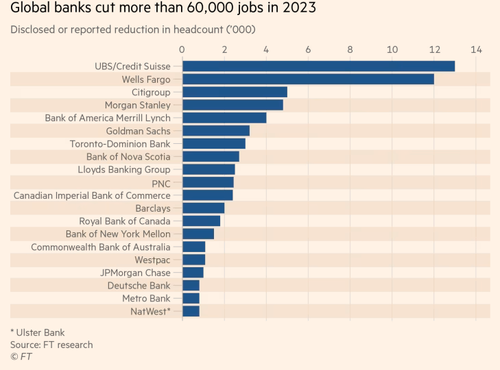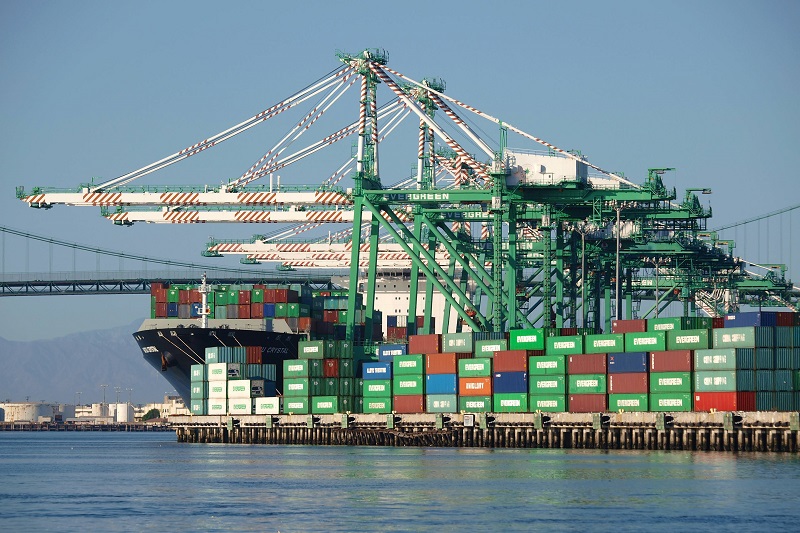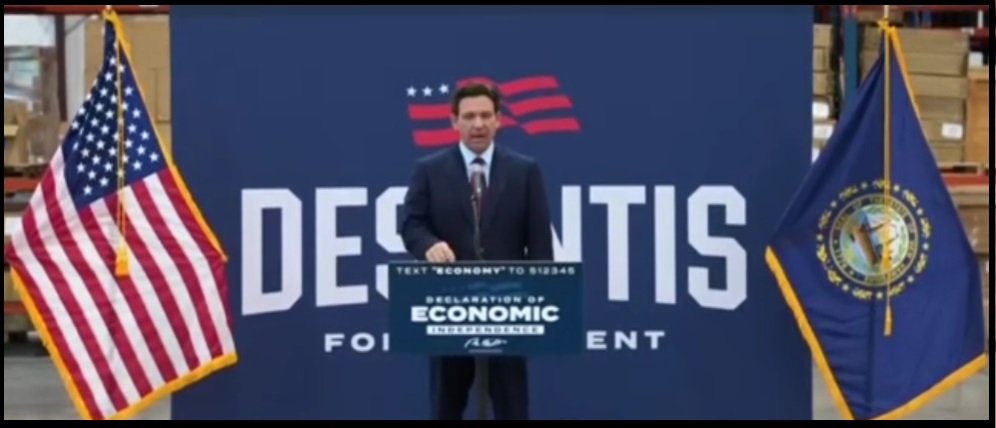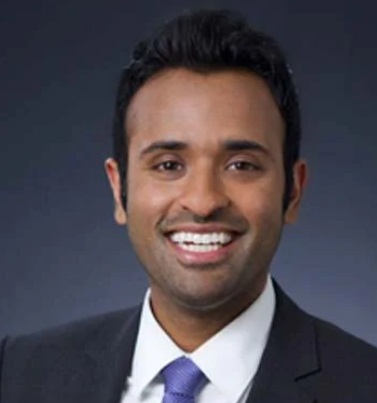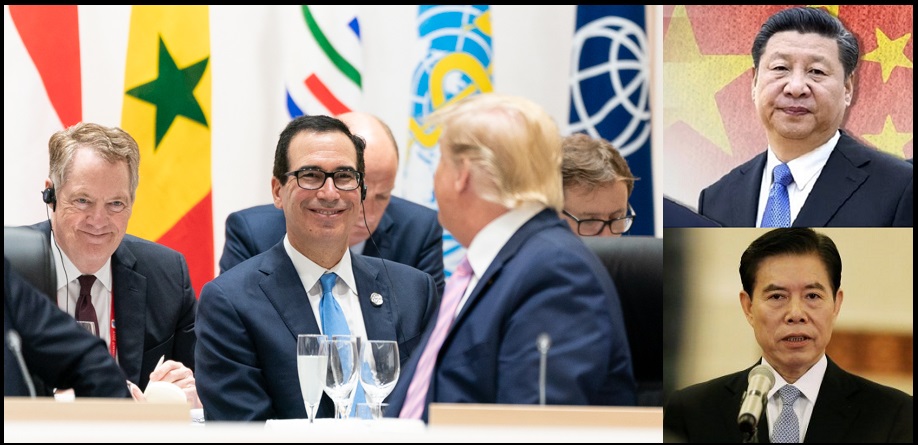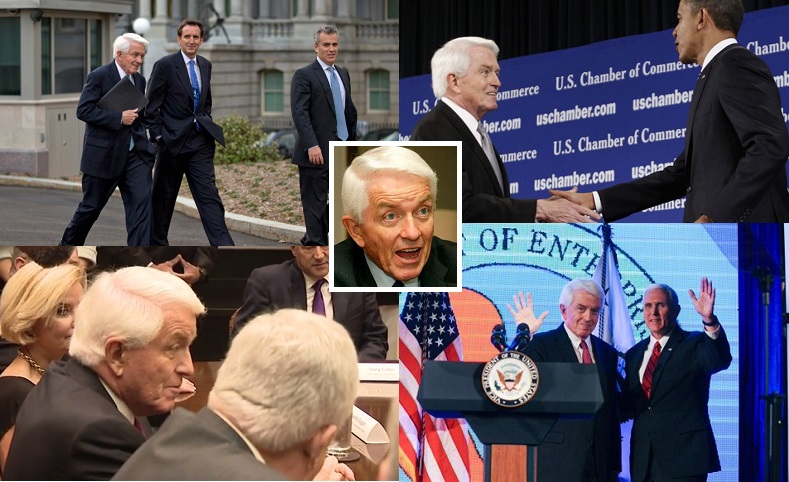If you followed my research on banking and the reality of the Russian sanction regime, this report takes on an entirely new dimension. The article is from ZeroHedge, and the topline is not the real story.
ZEROHEDGE – The collapse of three US regional banks – First Republic Bank, Silicon Valley Bank, and Signature Bank – marked some of the largest failures in the banking system since 2008. Central banks contained the “mini-crisis” earlier this year with forced interventions and the mega-merger of Credit Suisse and UBS. Despite the interventions, global banks still axed the most jobs since the global financial crisis.
A new report from the Financial Times shows twenty of the world’s largest banks slashed 61,905 jobs in 2023, a move to protect profit margins in a period of high interest rates amid a slump in dealmaking and equity and debt sales. This compared with the 140,000 lost during the GFC of 2007-08. (more)
Look carefully at the graphic labeled “global banks.” What do they all have in common?
These are not global banks, they are all “western banks.” Do you remember a key component of my trip to eastern EU {Password Protected}. That part of my research trip was specifically to understand the contradiction between what the west says about the Russian financial sanctions, and the reality of the irrelevance of those sanctions in Russia.
I didn’t talk, I watched; I listened.
